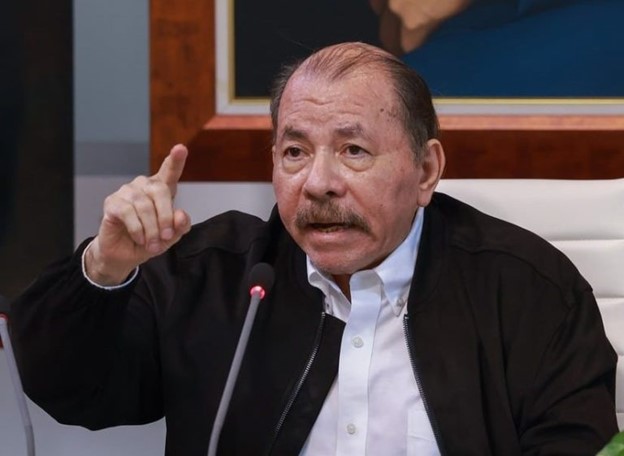Reform of the Criminal Code to make it possible

The regime will be able to prosecute Nicaraguans who are not in the country and will establish life sentences at its discretion.
HAVANA TIMES – A proposal to reform Nicaragua’s Penal Code, sent by Daniel Ortega to the National Assembly, aims to prosecute Nicaraguans and foreigners for alleged crimes committed outside the country and punish them with penalties ranging from the confiscation of their property to life imprisonment.
With these reforms, the Ortega regime seeks to impose a form of “transnational repression,” warn opposition politicians. They also highlight the indiscriminate application of penalties such as property confiscation and life imprisonment, which the Constitution only authorized for cases of extreme severity.
The initiative, which seeks to modify 27 articles in the Penal Code, was referred to the Justice and Legal Affairs Commission of the National Assembly and is expected to be approved on September 3rd.
Among the proposed changes by Ortega are modifications to Article 16 of the Penal Code concerning the “principle of universality.” This article establishes that Nicaraguan criminal laws will also apply to Nicaraguans or foreigners who, while outside the national territory, have committed crimes such as money laundering, terrorism, and its financing.
Additionally, Article 16 will include crimes such as the proliferation of weapons of mass destruction and their financing, organized crime, cybercrime, and any crime against public administration.
The penalties for these crimes, according to the initiative, range from imprisonment, asset forfeiture, and fines. In cases of imprisonment for serious crimes, the penalties will include


